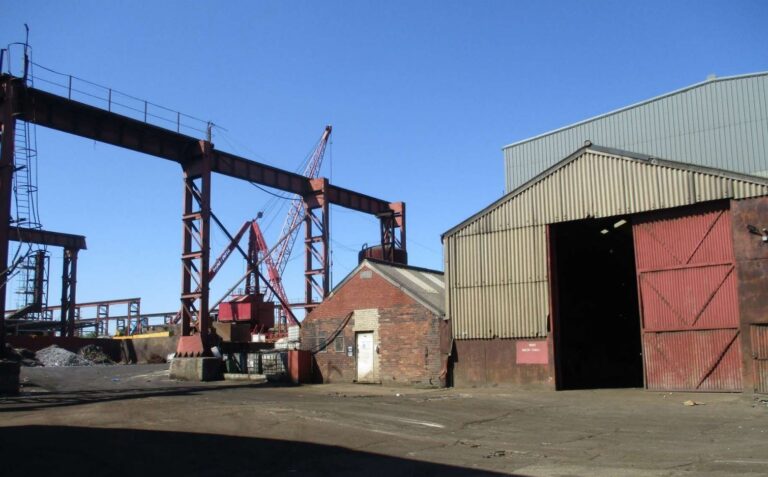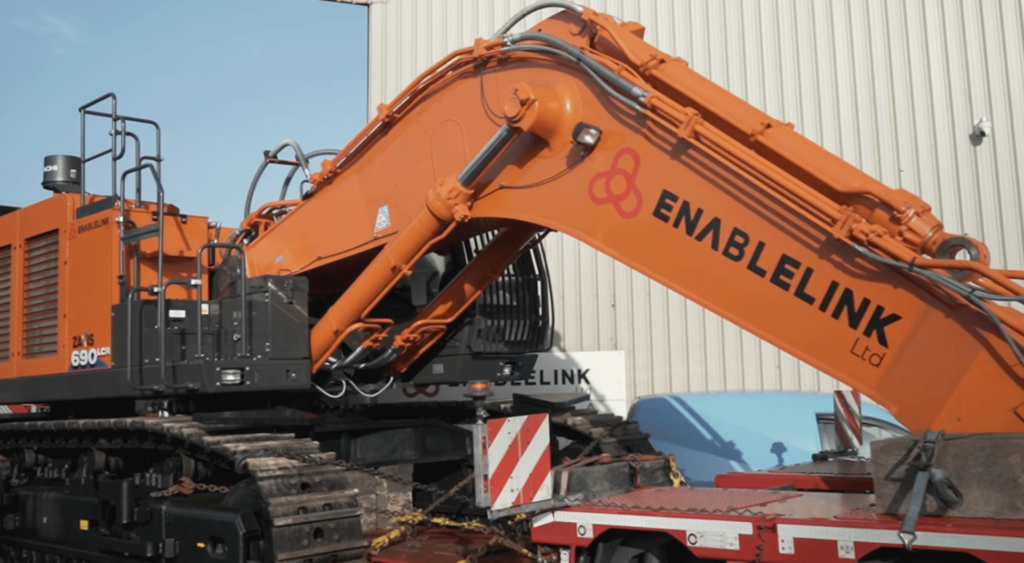William Hugo, who runs the charitable organisation Motor Waste, said that groups like his can be a major help to local authorities forced to cope with a rise in abandoned vehicles expected from forthcoming ELV regulations.
Set up in February 2000, Motor Waste received an award of 73,000 last month from the Social Economic and Environmental Development (SEED) programme to support its work providing training and work experience for young people, the unemployed or otherwise socially disadvantaged.
The organisation hopes the award will enable operations to expand considerably so that by December 2003 its new pick up truck will allow them to collect about 20 vehicles from the streets each week.
Although this number may be small, Mr Hugo told letsrecycle.com that Motor Waste has developed a very good relationship with Liverpool city council, and said he believes the community sector as a whole has an important role to play in UK vehicle recycling.
He said: “The community sector can play a massive role in ELV recycling. We are a social enterprise whose aim is to deliver training, create jobs and increase job opportunities for the disadvantaged and socially excluded in society and to create a better environment for residents in Merseyside. The community sector can help to deliver the training and actually offer the service.”
Controlled
The group will have to register as a carrier of controlled waste, but once the site is up to regulation standards Motor Waste will be exempt from the requirement to hold a Waste Management Licence. The organisation hopes then to be in the position to employ around ten people full time as well as taking on additional volunteers.
Spare parts in good form will be reconditioned and sold to the public in order to make an income, while the body of the vehicles will go to local scrap merchants. Other materials will go to organisations that need them, and income should be generated by providing training opportunities, Mr Hugo said.
He explained: “Following the end of the grant period, Motor Waste will endeavour to generate its own source of income through training beneficiaries in motor mechanics and motor vehicle recycling, through the sale of reconditioned parts and we are also looking at becoming an accredited depollution centre whereby we can gain a small income for depolluting the vehicles.”










Subscribe for free